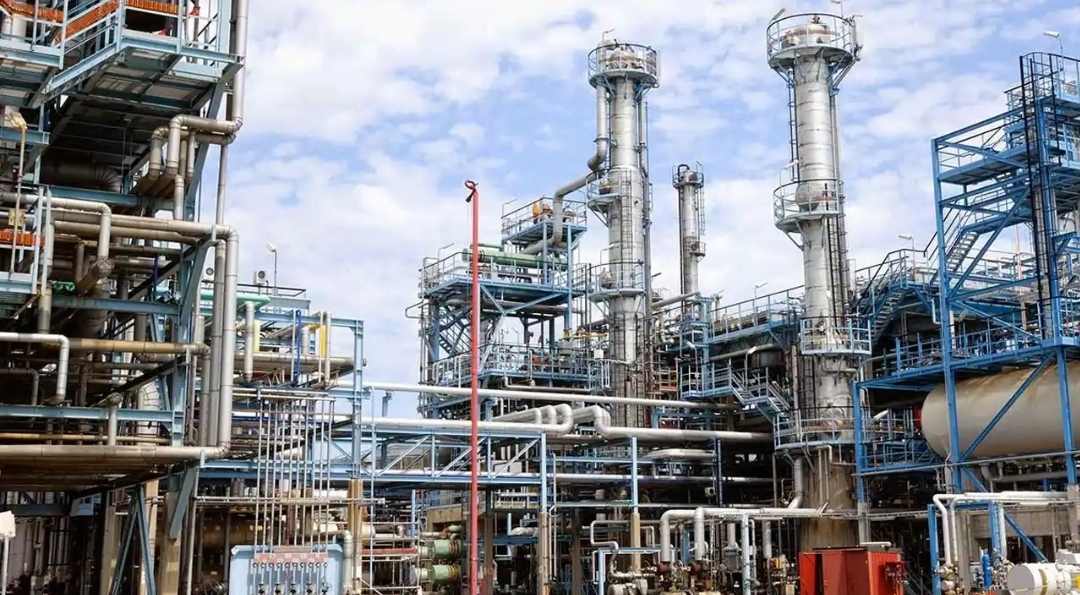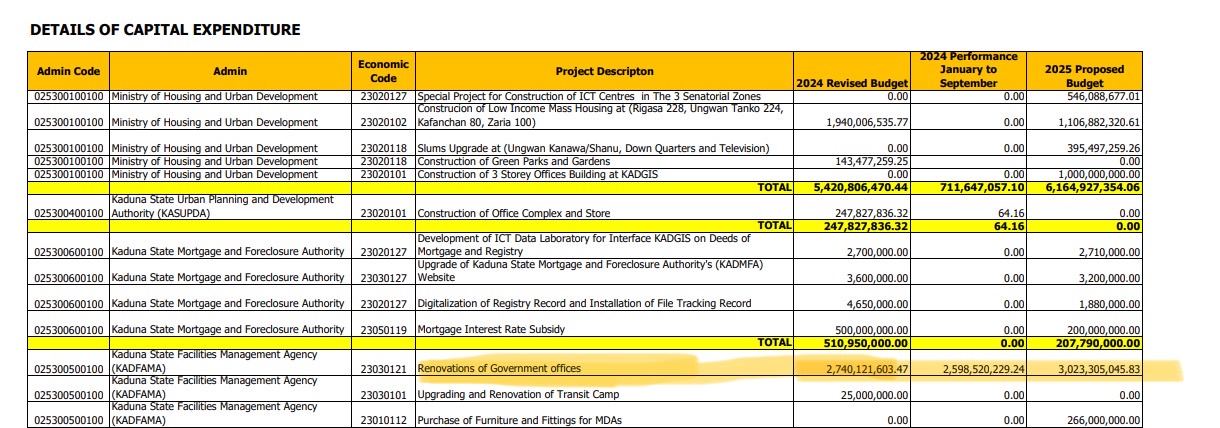Privatize Warri, Kaduna Refineries To Improve Efficiency, Reduce Government Spending ŌĆō PETROAN Tells FG
ARTICLE AD BOX

The Petroleum Products Retail Outlets Owners Association of Nigeria (PETROAN) has urged the Nigerian government to privatize the Warri and Kaduna refineries to improve their efficiency and reduce government spending.
PETROAN made this recommendation on Saturday in a statement titled “Retrospect of Nigeria’s Oil and Gas Downstream Sector in 2024,” signed by its National President, Billy Gillis-Harry, Secretary, Adedibu Aderibigbe, and spokesperson, Joseph Obele.
According to PETROAN, privatizing the 125,000 barrels per day Warri Refinery and 110,000 barrels per day Kaduna Refinery would ensure a successful 2025 in the downstream sector.
“Privatize Nigerian-owned refineries, such as the Warri and Kaduna refineries, to reputable private companies to improve efficiency and reduce government spending,” the statement reads.
READ ALSO: “NNPC Rejected Dangote’s $750m Offer To Manage Nigeria’s Refineries” – Obasanjo Reveals
PETROAN also called on President Bola Ahmed Tinubu’s administration to consider its request for N100 billion in intervention funds to prevent filling stations from shutting down over harsh economic realities.
“PETROAN requests a grant of N100 billion from President Bola Tinubu to help prevent the closure of 10,000 marketers’ businesses,” the statement added.
This recommendation comes amid claims that the Nigerian National Petroleum Company Limited (NNPCL) rejected Dangote’s offer to manage the Port Harcourt and Kaduna refineries in 2007.
The NNPCL recently disclosed that the Warri Refinery has resumed operation after rehabilitation, while the Kaduna Refinery is undergoing a total overhaul.
PETROAN’s call for privatization is also supported by the need to improve ¥transparency, competition, and operational efficiency in the downstream petroleum sector.”
The association emphasized the importance of making crude oil available for local refineries to boost Nigeria’s refining capacity and reduce reliance on imported petroleum products.


 5 days ago
1
5 days ago
1



















.jpg)



.jpg)

.jpg)








 English (US)
English (US)